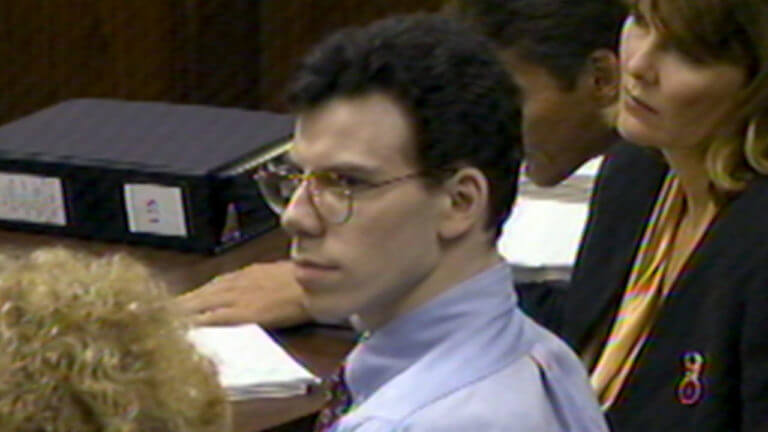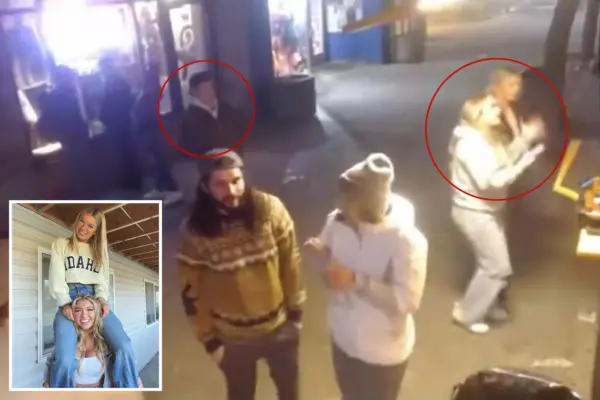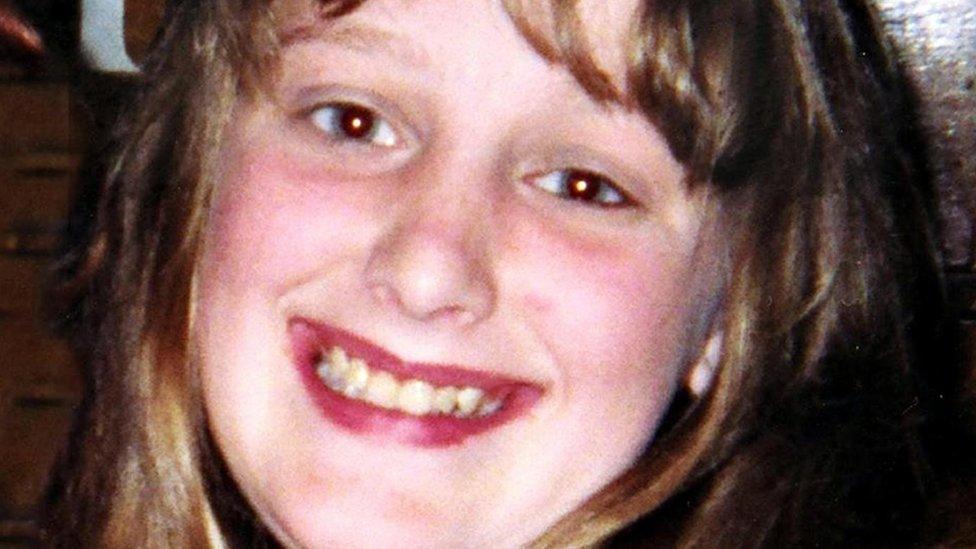
Introduction
The case of Erik Menendez has captured public attention since the brutal murder of his parents in 1989. As one of the most sensational trials in US history, it raises crucial questions about family dynamics, mental health, and justice. The outcome of this trial not only impacted Erik’s life but also significantly influenced how courts handle cases involving familial violence.
The Menendez Murders
On August 20, 1989, Erik and his brother Lyle Menendez called the police to report that their parents, Jose and Mary Menendez, had been shot to death in their Beverly Hills home. Initially, the brothers claimed that they were innocent victims and that an unknown assailant was responsible for the murders. However, as investigations unfolded, a different narrative emerged.
Trial and Testimony
The trial began in 1993 and attracted massive media coverage. The prosecution argued that the brothers had meticulously planned their parents’ murder to inherit their wealth, while the defense painted a picture of two young men who had grown up in an abusive household. Erik testified about the abuse he and Lyle suffered at the hands of their father, which he claimed motivated them to kill.
Psychological evaluations presented during the trial revealed the emotional turmoil Erik experienced, influencing public perception of the brothers. Ultimately, in 1994, both brothers were found guilty of first-degree murder, but the case remained controversial. The initial mistrial and disparate verdicts led to discussions on how psychological factors could influence criminal responsibility.
Impact and Legacy
The case of Erik Menendez opened a broader dialogue about domestic abuse and its recognition in the justice system. It has been the subject of various documentaries and television adaptations, indicating its lasting impact on American culture. Analysts continue to debate whether Erik and Lyle’s actions were a result of their traumatic upbringing or premeditated murder.
Conclusion
Erik Menendez’s story remains significant not only for its tragic circumstances but also for how it challenged legal and societal norms surrounding violence and family relationships. As discussions about mental health and familial abuse evolve, the legacy of this case prompts ongoing reflection on justice, accountability, and human behaviour. The Menendez brothers serve as a focal point in conversations about these critical issues, signifying the need for more nuanced understandings of violence and trauma in legal contexts.
You may also like

Latest Updates on the Idaho Murders Case

Understanding the Impact of Marilyn Manson on Music and Culture

The Ongoing Mystery of Charlene Downes
SEARCH
LAST NEWS
- Remembering Wendy Richard: The Promise to Co-Star Natalie Cassidy
- How Did Anglian Water Achieve an ‘Essentials’ Rating for Mental Health Accessibility?
- Shai Hope Leads West Indies in T20 World Cup Clash Against South Africa
- What We Know About Weston McKennie: Future at Juventus and Past at Leeds
- What We Know About the Upcoming Live Nation Antitrust Trial